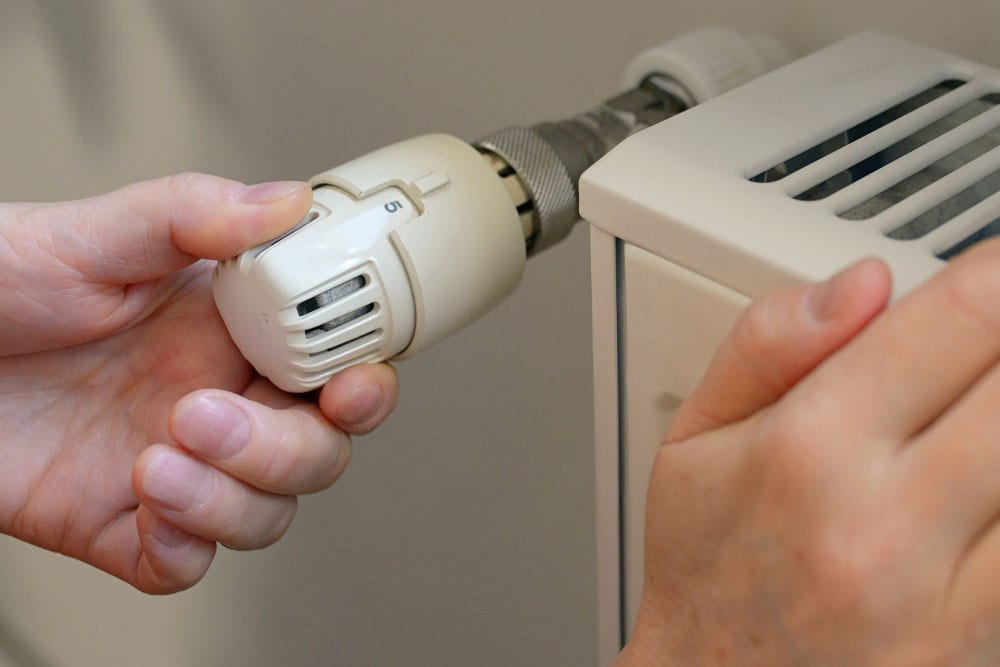Your heating system is made up of several different metals in contact with the heating water. The boiler may be aluminium or stainless steel, the pump cast iron, copper pipes and brass fittings and most radiators are untreated mild steel. If untreated, corrosion will occur, particularly in the radiators. This corrosion is most often seen as black sludge and lumps of rust in the system leading to blockages in pumps, pipework and boilers, holes in radiators and occasionally damage to the boiler’s heat exchanger. All these problems can be very costly to cure.
The solution is to add anti-corrosion inhibitors, a cocktail of chemicals that stops or slows corrosion and to ensure that as little oxygen (from the air) is getting into the system. Oxygen gets in largely to poor system design, or when blockages have got to the stage where the water in not circulating correctly. Occasionally we have to modify systems to avoid this happening.
Corrosion inhibitor tends to be put in and left for a number of years, although whenever work is done on the system and a reasonable amount of water is drained-out, the amount of inhibitor should be topped-up.
At Taskforce, we have started a campaign to top up the inhibitor in all the systems we service to prevent future problems. This is a good investment, but not expensive. We’ll ask you if you would like this done when your service is booked, as this will keep the cost down.

